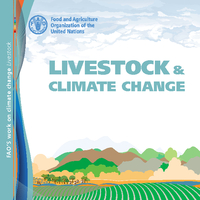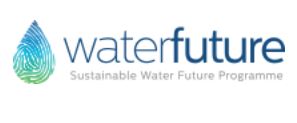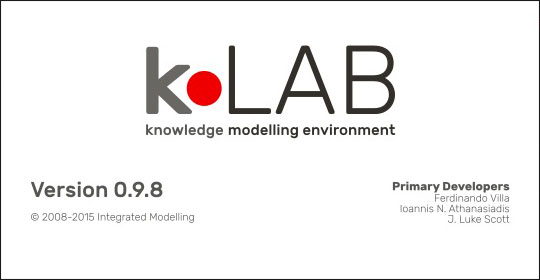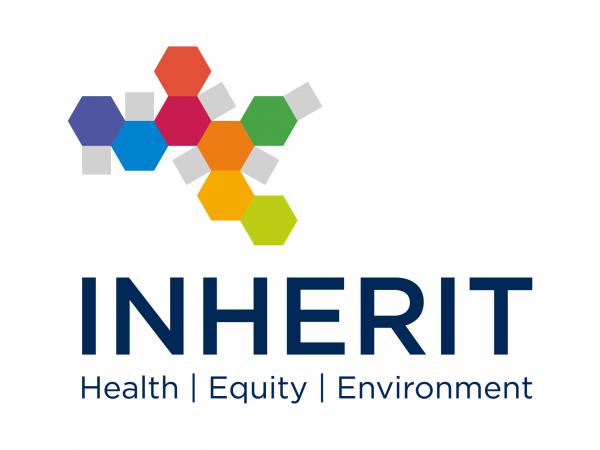Upcoming events
`Artistic Resilience´: Transdisciplinary collaborations and Collective Care for Eco-Social Renewal
May 7, 2024 @ 12:00 pm - 1:00 pm
Subscribe to our mailing list
Dissemination
Designed to disseminate and disclose rigorous information on climate change.
Training and Capacity Building
Activities to “bridge knowledge” in terms of scientific advancements.
Science Education and Public Awareness
Raising awareness of Climate Change at Basque Country Scale
- Science Education
- Public awareness
- · News






